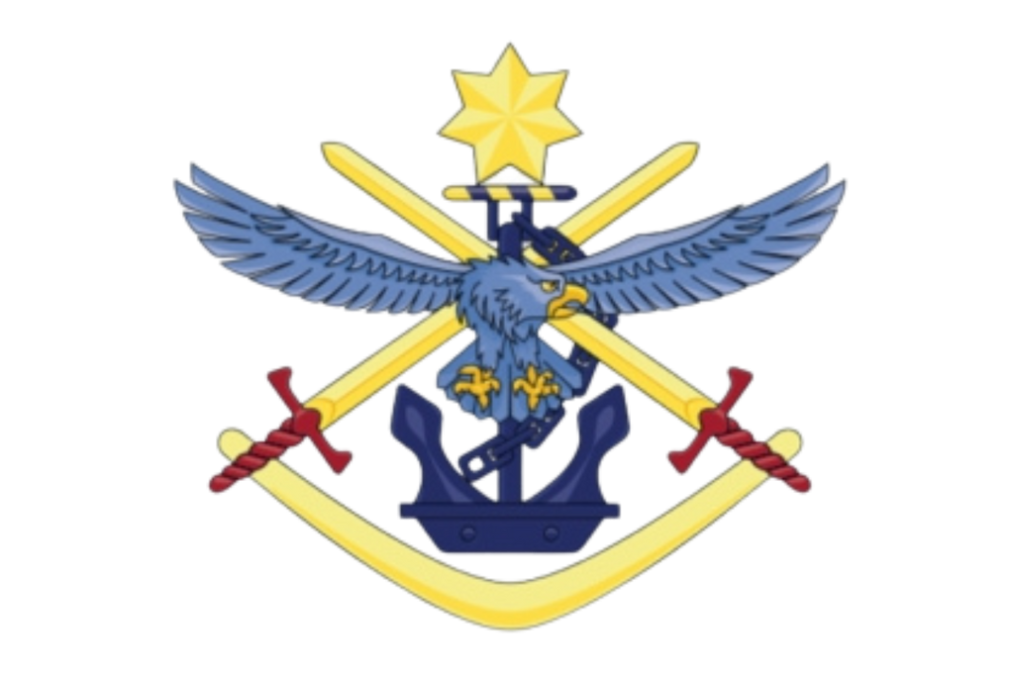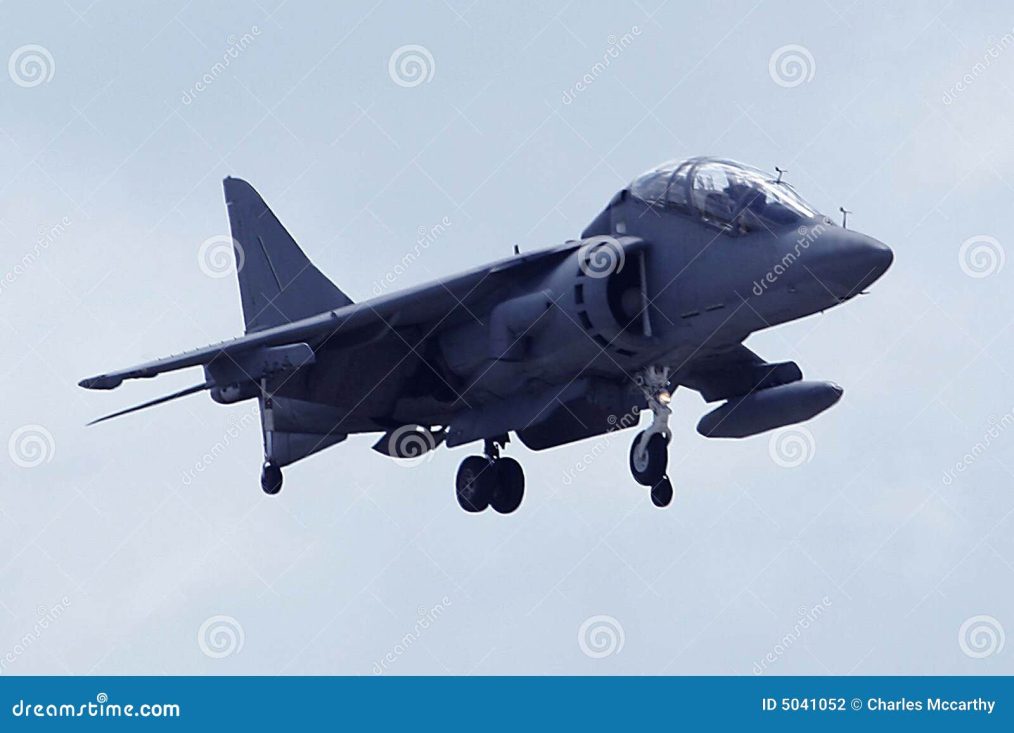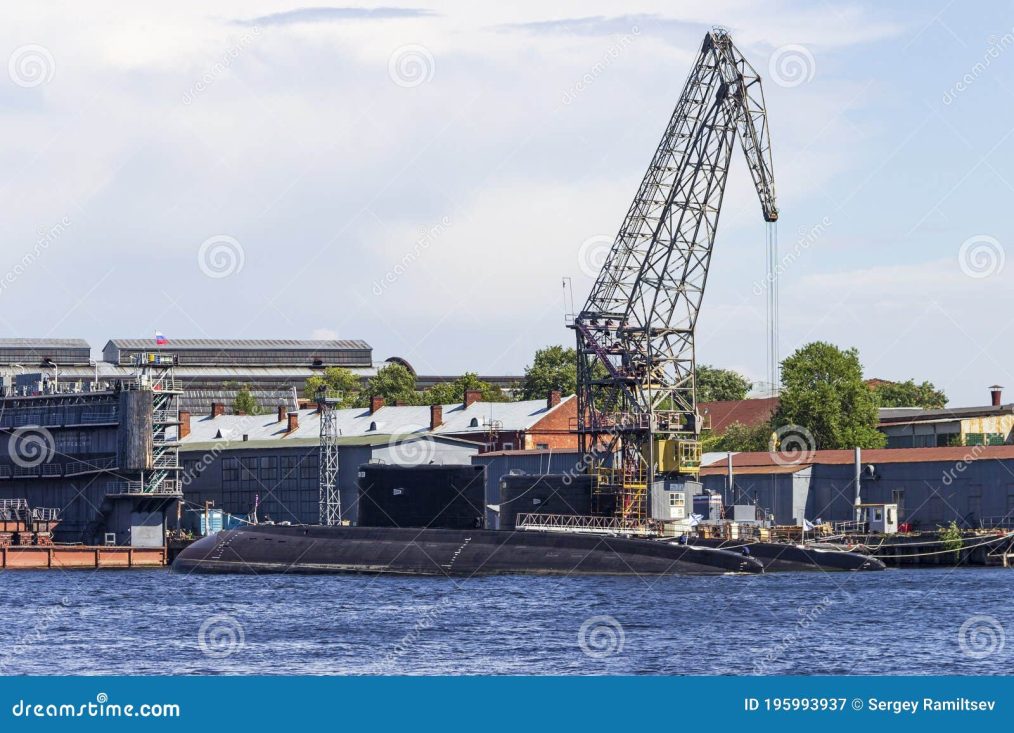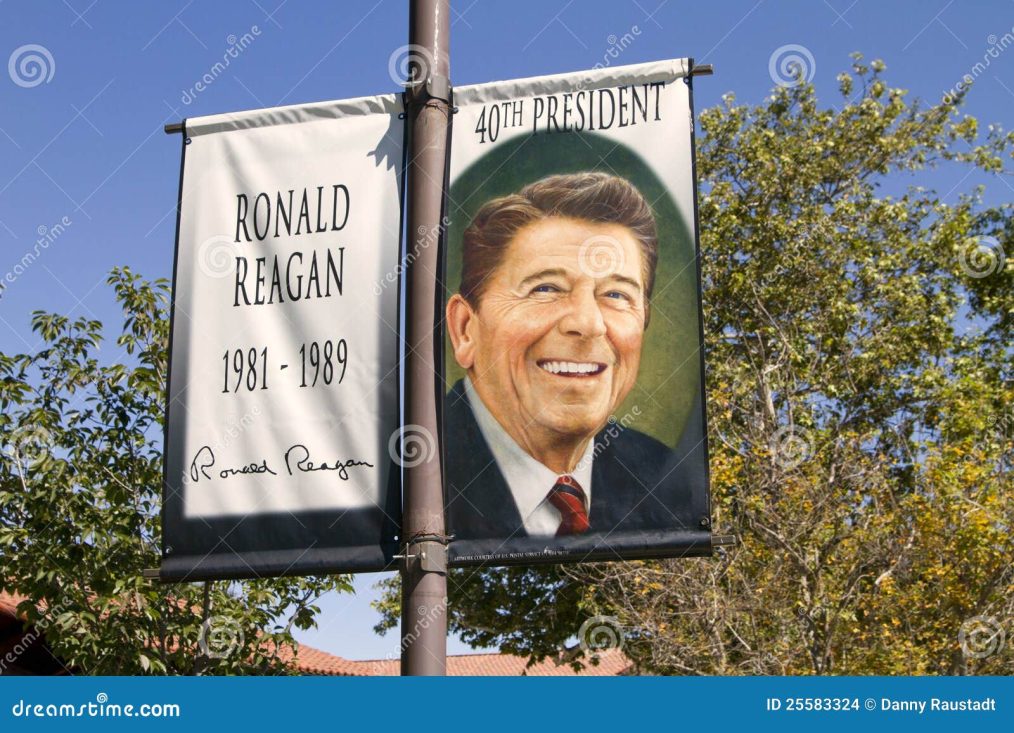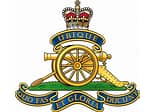The ADF’s broad range of trades, roles and responsibilities is reflected in this year’s King’s Birthday military honours list.
The list of 82 high achievers and contributors features everything from intelligence, security and safety experts to capability innovators, strategic advisers, technical staff and special forces instructors.
Among those recognised in the Order of Australia’s military division are Rear Admiral Justin Jones, who has been made an Officer of the Order of Australia (AO) for distinguishing himself in significant senior command roles in the Navy, the ADF Joint Operations Command and Maritime Border Command.
Others to be appointed as AOs in the military division are Major General Matthew Pearse, for his leadership during a period of significant national uncertainty, and Major General Anthony Rawlins, for delivering and maintaining a “capable, agile and potent” joint force.
The 25 appointments and 57 recipients of awards in this year’s honours list are:
OFFICER (AO) IN THE MILITARY DIVISION OF THE ORDER OF AUSTRALIA
Navy: Rear Admiral Justin Jones CSC RAN.
Army: Major General Matthew Pearse AM; Major General Anthony Rawlins DSC AM.
MEMBER (AM) IN THE MILITARY DIVISION OF THE ORDER OF AUSTRALIA
Army: Colonel B; Brigadier Brendan Casey; Brigadier James Davis CSC; Brigadier Duncan Hayward CSC; Brigadier Natasha Ludwig; Brigadier Paul Smith.
Air Force: Air Commodore Veronica Tyler.
MEDAL (OAM) IN THE MILITARY DIVISION OF THE ORDER OF AUSTRALIA
Navy: Chief Petty Officer William Carter; Chief Petty Officer Patricia Kelly; Captain Michael Nipperess RAN; Commander Paul Pelczar RAN; Captain Robin Swift RAN.
Army: Warrant Officer Class One Warrick Butterworth; Lieutenant Colonel Jane Evans; Warrant Officer Class One Cameron Gee; Major Kevin Heyne; Warrant Officer Class One John Lines MG; Warrant Officer Class Two Paul Styles; Warrant Officer Class One Craig Webb.
Air Force: Warrant Officer J; Flight Sergeant M; Wing Commander Matthew Kelly.
CONSPICUOUS SERVICE CROSS (CSC)
Navy: Captain Sean Andrews RAN; Captain Jody Bastian RAN; Captain Benjamin Favelle RAN; Lieutenant Thomas Icke RAN; Captain Glen Miles RAN; Commander Michael Pounder RAN; Captain Christopher Smith RAN; Chief Petty Officer Belinda Wyard.
Army: Colonel L; Lieutenant Colonel S; Major Geoffrey Brennan; Lieutenant Colonel Joel Domigan; Lieutenant Colonel Christopher Gilmore; Lieutenant Colonel Owain Griffiths; Lieutenant Colonel Benjamin Howard; Colonel Scott Jamieson; Lieutenant Colonel Dayton McCarthy; Colonel Richard Niessl; Lieutenant Colonel Leigh Partridge; Brigadier Nicholas Wilson.
Air Force: Flight Lieutenant Jack Devine; Flight Sergeant Ludovico Lico; Group Captain Craig Nielsen; Air Commodore Jarrod Pendlebury; Squadron Leader Brent Purcell; Flight Lieutenant Scott Taylor.
CONSPICUOUS SERVICE MEDAL (CSM)
Navy: Lieutenant Commander Timothy Craig RAN; Petty Officer Stephen Dunlop; Lieutenant Commander Alexander Finnis RAN; Captain Belinda Greenwood RAN; Captain David Hannah RAN; Lieutenant David Loynd RAN; Commander Lauren Milburn RAN; Petty Officer Jim Schacht; Lieutenant Commander William Stow RAN.
Army: Corporal T; Warrant Officer Class Two B; Warrant Officer Class Two C; Warrant Officer Class Two T; Lieutenant Colonel Brian Bearman; Major Timothy Bowers; Warrant Officer Class Two Anthony Campbell; Major Justin Cross; Warrant Officer Class Two Julian Evans; Lieutenant Colonel Steven Frankel CSC; Warrant Officer Class Two Peter Hopkins; Corporal Dylan Neumann; Lieutenant Colonel Geoffrey Price; Major Gregory Sargeant; Warrant Officer Class Two Brenda Smith; Sergeant Leighton Wilson.
Air Force: Corporal J; Squadron Leader Michael Berry; Corporal Andrew Fowler; Squadron Leader Darrin Lindsay; Squadron Leader Lindy Perrett; Squadron Leader Rebecca Trembath.


